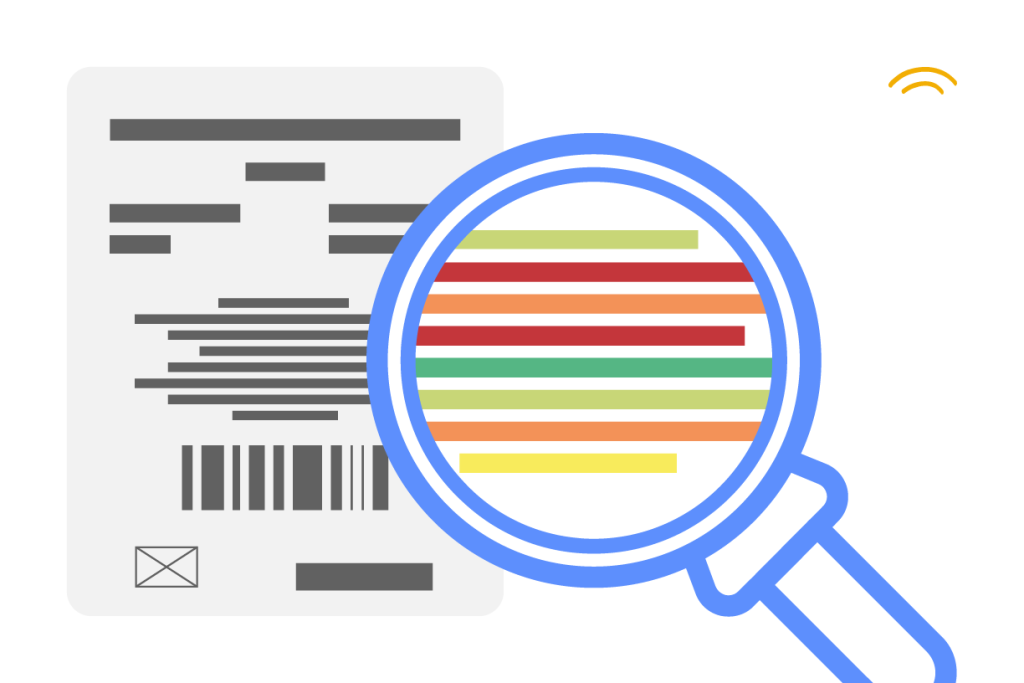
In recent years, there has been a growing emphasis on ethical and sustainable practices in the business world. With the increase in availability of supply chain data and stricter ESG regulations, companies are under pressure to prioritize transparency and sustainability in their production processes.
But what is the most efficient way to achieve this?
Dayrize’s holistic assessment approach provides companies with a full overview of their products’ impacts, including the most impactful materials within each product or product group. This enables companies to identify areas where they can reduce their environmental impact and take action to make their production processes more sustainable.
One of the key insights that Dayrize has found through hundreds of product assessments is that around 70% of a product’s upstream carbon emissions come from its materials. By displaying the materials impacts of products, Dayrize is able to provide companies with guidance on the most effective ways to reduce their environmental impact. For example, using recycled materials can significantly reduce carbon emissions for metals and plastics.
In addition to providing guidance on materials, Dayrize’s assessments also consider the entire life cycle of a product, from cradle to gate. This means that companies can gain a detailed understanding of each stage of the product’s life cycle and the associated environmental impacts. By identifying the most significant impacts at each stage, companies can take targeted action to reduce their overall environmental footprint.
Dayrize’s assessment tool is particularly valuable for companies that are looking to prioritize sustainability and transparency in their supply chains. As consumers increasingly demand ethical and sustainable products, companies that can demonstrate their commitment to these values are more likely to succeed in the marketplace. By providing a comprehensive assessment of a product’s environmental impact, Dayrize is helping companies to achieve these goals and meet the evolving demands of consumers.
In conclusion, the increase in availability of supply chain data and stricter ESG regulations have led to a growing emphasis on ethical and sustainable practices in the business world. Dayrize’s holistic assessment approach provides companies with a comprehensive overview of their products’ impacts, enabling them to identify areas for improvement and take targeted action to reduce their environmental footprint. By prioritizing sustainability and transparency, companies can demonstrate their commitment to these values and meet the demands of consumers who prioritize ethical and sustainable products.

